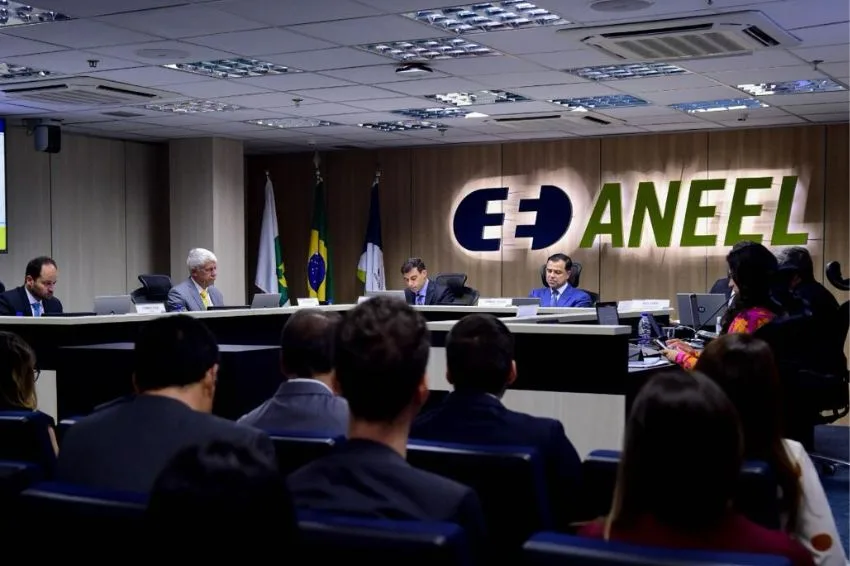The board of ANEEL (National Electric Energy Agency) got together, this Tuesday (6), to discuss the details of the regulation of Law 14,620/23, of the Minha Casa Minha Vida Program – which has the use of solar energy as one of its main innovations. The meeting also served to talk about cases of flow reversal in the country.
Regarding the housing program, the The Agency's technical area presented to its directors the proposal that they believed to be ideal for the use of solar energy in Minha Casa, Minha Vida.
One of the highlights presented was the Art. 655 which provides that the consumer units benefiting from the program will be able to sell surplus energy generated, but only for public authorities that are located within the same concession area from their respective distributors.
O price can be freely negotiated, but, in order for credits to be sold within the clearing system, the purchasing public body cannot be a consumer of the Free Energy Market. A entity needs, necessarily, work at ACR (Regulated Contracting Environment).
To the distributors would be, in this case, responsible for carrying out the formalization of this process. In other words, Minha Casa, Minha Vida consumer units that want to sell energy will need to provide the concessionaires with a document proving that they are beneficiaries of the social program.
In addition, it would be necessary to provide a copy of the commercialization contract, as well as the list of consumer units that will invoice for the purchase of surplus energy generated.
Electrical infrastructure
A ANEEL also proposed in its regulation that the implementation of the electrical infrastructure of the Minha Casa Minha Vida program occurs in a divided manner: one for consumer units with a gross family income of up to R$ 2,640.00 and another for other income groups.
In the first case, it was defined that the distributor is responsible for carrying out 100% of the external structure connection works, with the social program being able to assume responsibility if it deems it appropriate.
The internal infrastructure of this first group of families would be fully paid for by the Minha Casa Minha Vida program.
For other income groups and also rural units, the cost rules for connection works change slightly in terms of external infrastructure, with the program being responsible for carrying out the works.
However, as soon as the works are completed, they must be donated to the distributors – who will be responsible for operating and maintaining the functioning of the network.
Furthermore, it was defined by the Agency that when the same connection work is sufficient to meet both the demand of the house and the DG system (distributed generation) there should be no additional cost.
Now, when the system for the flow of generated energy is greater than what is necessary to meet the load, the difference between the generation and distribution system will be included in the normal calculation of financial participation.
Public Consultation
After presenting the proposal, the ANEEL directors discussed the topic and announced that the regulation of the application of solar energy in the program Minha Casa, Minha Vida will be discussed in Public Consultation.
A measure is scheduled to be opened this Thursday (08) by ANEEL expressly. In other words, there will be a period of up to 15 days for associations in the electricity sector and civil society to send their contributions on the two topics.
All content on Canal Solar is protected by copyright law, and partial or total reproduction of this site in any medium is expressly prohibited. If you are interested in collaborating or reusing part of our material, we ask that you contact us via email: [email protected].
















